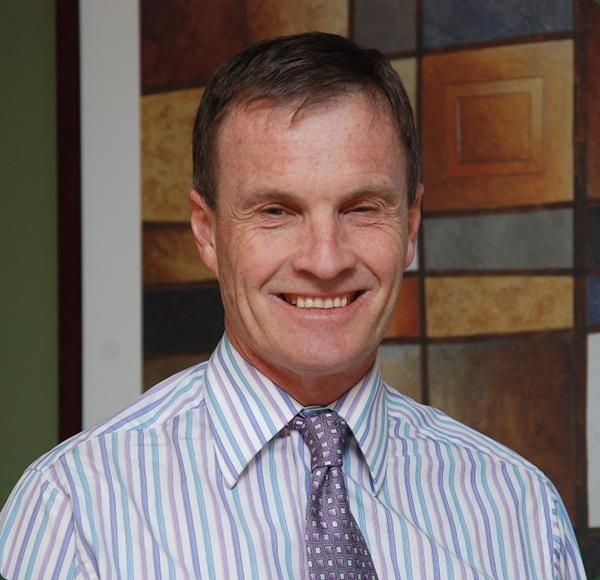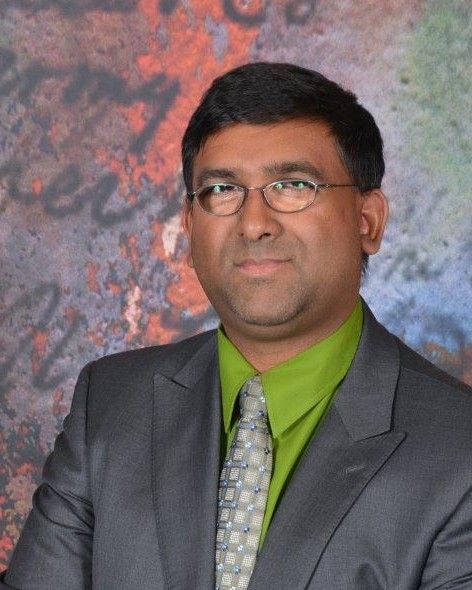Invited speakers

Joëlle Pineau, Ph.D.
Associate Professor at McGill University and Core Academic Member of the Mila Research Institute in Artificial Intelligence.

Michel T. Giroux
Director of the Institut de consultation et de recherche en éthique et en droit (ICRED) and President of the Research Ethics Board (REB) of the CRIR's institutions.

Bean Gill
Cofounder & Executive Director at ReYu Paralysis Recovery Centre.

Robert Teasell, Ph.D.
Research Director, Department of Physical Medicine and Rehabilitation at the Research Institute of London Health Sciences Centre and St. Joseph's Health Care London.

Mahadeo Sukhai Ph.D. (he/him)
Director of Research and Chief Inclusion and Accessibility Officer Canadian National Institute for the Blind | Assistant Professor (Adjunct) Faculty of Health Sciences, School of Medicine, Queens University